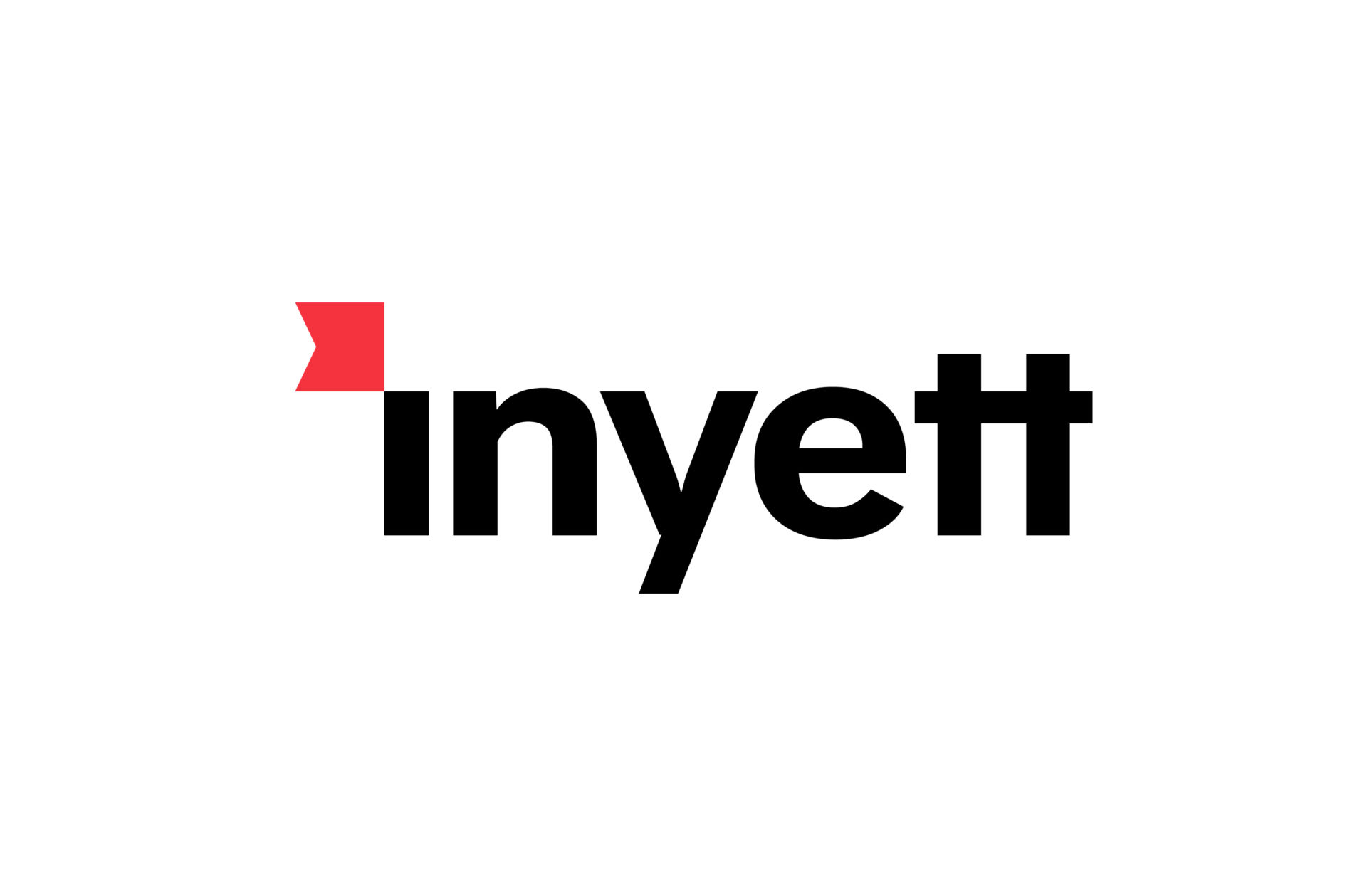To meet the diverse needs of customers, diversity is needed within teams. Embracing equity in recruitment is a crucial step toward building diverse teams. Equitable organisations create a culture of respect, innovation, and fairness. This is beneficial to all employees, as well as the growth and welfare of the entire organisation.
Equity in recruitment refers to the idea that all candidates should have an equal opportunity to succeed, regardless of factors like background, race, or gender. Recruitment processes should be designed to reduce bias and ensure that every candidate is evaluated by their qualifications and experience, rather than personal traits.
To get a better understanding of why equity is so important in recruitment today, we discussed this, and more, with Joana Pereira, our Talent Acquisition Specialist at Visma Tech Portugal. Here are her thoughts.
What does diversity, equity, and inclusion (DEI) mean to you, and why are these things important?
I believe that diversity, equity, and inclusion altogether mean success. The more diverse we are, the bigger our predisposition for different points of view is. And that enables us to create an inclusive, representative, and equitable organisation.
At the end of the day, to me, it’s simply about respecting one another. Cultivating a psychological safety environment helps teams perform better, and people will feel empowered to speak their minds, share ideas, and inspire each other. Implementing DEI policies will strengthen the company’s culture and create a sense of belonging.
From your experience, how important is it for candidates that their workplace is inclusive?
I‘ve come to realise that inclusion and diversity in the workplace is normally very important to candidates. I believe this is because they feel safe in diverse workplaces, and that different ideas and perspectives are welcome. Candidates want to know that there’s an openness for sharing thoughts and that they can trust their teammates. This is how the feeling of belonging and equity starts growing.
How would you handle a situation in which a candidate or colleague discriminates against others?
That’s not welcome here – we don’t practise behaviours or values like that. In a recruitment process, I can quite sense whether the candidate reflects our values or not. If not, it’s not the right match.
All of our employees share a responsibility of shutting down discrimination in the workplace if they ever witness it. If I saw something concerning happening to a colleague of mine, I’d interfere immediately to show that this type of behaviour isn’t acceptable in our organisation.
What are the main challenges and opportunities you see for HR in the tech industry right now?
The tech industry is known for being at the forefront of crafting employee experiences – from learning paths and emotional salaries, to filling roles like Happiness Managers. Society is waiting for us to take ideas and policies out of paper and insert them in our ways of working.
The main challenge is materialising these practices while maintaining credibility. No workplace is perfect and we still have a ways to go.
What do you consider to be a truly equitable recruiting process?
Robots, probably! Also, implementing more vetting criteria increases the likelihood of hiring the right candidates for the position — with diverse skill sets, backgrounds, and mindsets. Making recruitment processes more unbiased and fair will, in turn, create more equitable and inclusive workplaces.
Artificial intelligence has already given us many solutions for reducing bias. Robots don’t have a moral conscience, so they don’t make behavioural judgments or predictions of others. As humans, we have to fight our unconscious urge to do so.
Joana Pereira
Recruiters tend to hire candidates that are more similar to themselves. It’s easy to see the positive in what you’d do yourself and in shared personality traits. Personally, when I’m finding it difficult to make a decision, I prefer to put the candidate on hold for a day or two. This way, I’m able to distance myself emotionally and then circle back with a more objective mindset.
Joana’s tips for eliminating biases in hiring processes
- Acknowledge your biases
- Although we won’t be able to eliminate biases 100%, we should always look for ways to reduce them and any limiting beliefs. We all have them — sometimes consciously, but mostly unconsciously. Reflect upon your own biases and be aware of them throughout the process.
- Although we won’t be able to eliminate biases 100%, we should always look for ways to reduce them and any limiting beliefs. We all have them — sometimes consciously, but mostly unconsciously. Reflect upon your own biases and be aware of them throughout the process.
- Make a plan and stick to it
- As I said earlier, I believe that objectiveness maintains fairness in hiring processes. Design a recruitment plan for every available position and standardise that process, so that every candidate you meet along the way will have the same opportunity and experience.
- As I said earlier, I believe that objectiveness maintains fairness in hiring processes. Design a recruitment plan for every available position and standardise that process, so that every candidate you meet along the way will have the same opportunity and experience.
- Explain your decisions
- When excluding a candidate, summarise the reasons for that specific rejection. Even if no one has asked you why. It’ll help your decision, and give you an explanation for why some candidates move forward while others don’t. Make it a routine, and after a while you’ll have enough material to reflect upon it and evaluate your decision-making process.
Standardising your recruitment processes — not only for equal opportunities, but also for equitable outcomes — is one one of the most powerful approaches toward shaping inclusive work environments. DEI is crucial for improving company culture and growth, and a necessity to the greater good for everyone in the workplace.




